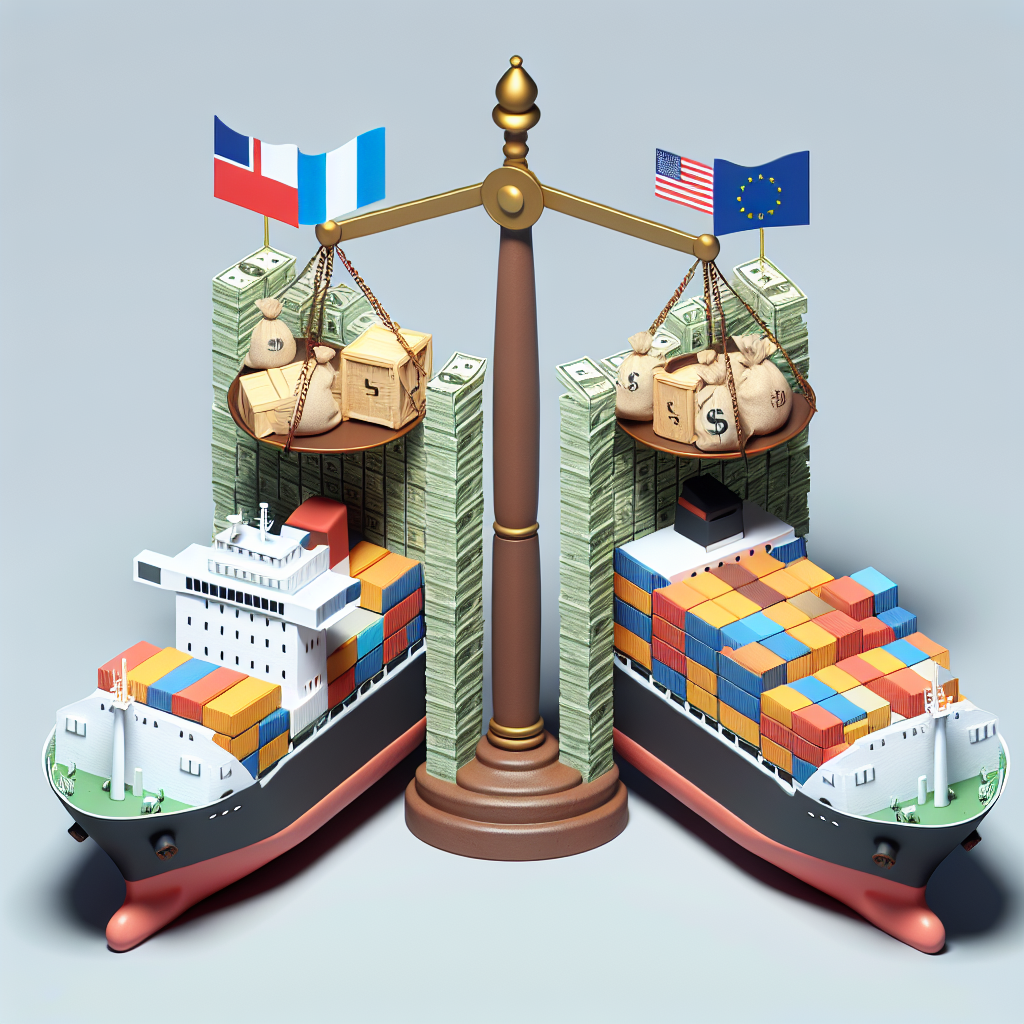Trump's Tariff Authority Under Judicial Scrutiny: A Test of Presidential Power
A U.S. appeals court is reviewing President Trump's power to impose tariffs after a lower court challenged his authority on sweeping levies. The outcome could impact the use of the International Emergency Economic Powers Act for tariffs. Legal arguments emphasize Congress's constitutional role over tariffs.

The authority wielded by President Donald Trump to impose tariffs has come under scrutiny as a U.S. appeals court reviews his actions, initially challenged by a lower court. Central to the debate is whether Trump's sweeping levies exceeded presidential powers, particularly under the International Emergency Economic Powers Act (IEEPA).
The U.S. Court of Appeals for the Federal Circuit, based in Washington, D.C., is evaluating the legal validity of 'reciprocal' tariffs aimed at a broad array of U.S. trading partners. These tariffs, criticized for roiling financial markets and affecting supply chains, are the focal point of legal challenges by small U.S. businesses and several states led by Democrats.
Trump's use of tariffs as a strategic tool in foreign policy negotiations, especially concerning China, Canada, and Mexico, has sparked a legal confrontation over the constitutional separation of powers. While Trump claims expansive tariff-setting authority via IEEPA, opponents argue that the power to regulate tariffs lies with Congress. The court's decision, anticipated keenly, could set a precedent on presidential trade powers.
(With inputs from agencies.)










